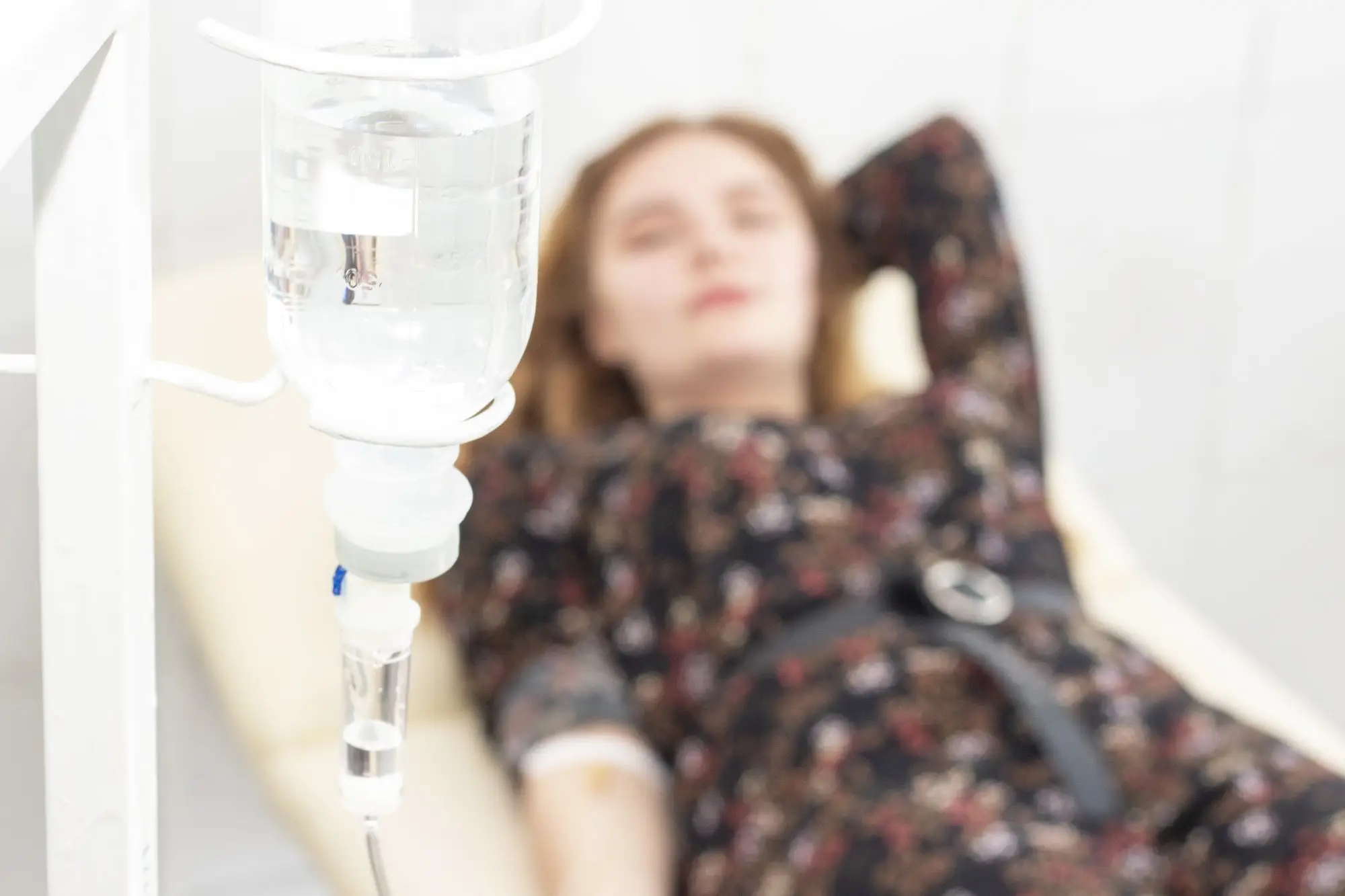Fatigue and Dehydration Treatment in Missouri City, TX

Fatigue and Dehydration Treatment
Understanding Fatigue and Dehydration
Fatigue isn’t just about feeling tired; it’s a persistent sense of exhaustion that can affect every part of your life. Unlike the tiredness that comes from a long day or a poor night’s sleep, fatigue doesn’t usually go away with rest. It can be brought on by lifestyle factors, underlying medical conditions, stress, or even poor nutrition. Fatigue can manifest as both mental and physical exhaustion, draining your energy levels and making everyday tasks feel challenging.
Common Signs of Fatigue
- Brain Fog: Difficulty concentrating, remembering details, and making decisions.
- Low Motivation: A constant lack of motivation, even for things you normally enjoy.
- Mood Changes: Feeling more irritable, stressed, or even experiencing mild depression.
- Physical Symptoms: Headaches, muscle soreness, and a weakened immune system, making you more prone to getting sick.
The result is often a cycle of poor sleep, low energy, and lack of productivity, which can start to affect your personal and professional life.
Dehydration happens when your body doesn’t have enough water to perform basic functions efficiently. Water is essential for nearly every bodily process, from temperature regulation to joint lubrication and nutrient absorption. When you’re dehydrated, your body struggles to carry out these functions, which can lead to a variety of uncomfortable and even dangerous symptoms.
Common Signs of Dehydration
- Headaches: Dehydration can cause your blood vessels to narrow, leading to throbbing headaches and migraines.
- Dizziness and Lightheadedness: Lack of fluids can reduce blood volume, lowering blood pressure and making you feel weak or faint.
- Dry Skin and Lips: Your body diverts water from your skin and other non-essential areas, which can leave your skin feeling dry and cracked.
- Dark Urine and Low Urine Output: One of the clearest indicators of dehydration, darker urine suggests your kidneys are working harder to conserve water.
Dehydration is often a hidden cause of low energy, as your body is working harder to perform normal functions with less water, leading to further fatigue.
FAQ
How Fatigue and Dehydration Can Make You Feel
When you experience both fatigue and dehydration, the symptoms can amplify each other, leaving you feeling drained, irritable, and physically uncomfortable. Together, they can create a cycle where you feel too tired to drink enough water, and dehydration then worsens your fatigue.
Mental Exhaustion: Your mind may feel foggy, making it hard to focus or even complete simple tasks.
Physical Weakness: Muscles can feel sore and heavy, even if you haven’t engaged in physical activity.
Irritability: Fatigue and dehydration can affect your mood, making you feel stressed, anxious, or even downhearted.
Digestive Issues: Dehydration can lead to constipation and bloating, while fatigue may reduce your body’s ability to digest food efficiently.
Poor Recovery from Stress: Both issues reduce your body’s ability to bounce back from stress, often causing sleep problems, muscle tension, and slower recovery from physical exertion.
Long-Term Effects if Left Unaddressed
When fatigue and dehydration are ignored over time, they can have lasting impacts on your health. Chronic fatigue can lead to an increased risk of anxiety and depression, poor immune function, and even heart problems. Persistent dehydration can impact kidney function, increase the risk of urinary tract infections, and lead to more severe health complications if not managed.
Taking proactive steps to stay hydrated, manage stress, and support your energy levels is essential. At Boost Wellness Clinic, we offer hydration therapies and tailored wellness treatments to help you combat fatigue and dehydration, so you can feel refreshed, re-energized, and ready to take on the day with vitality.